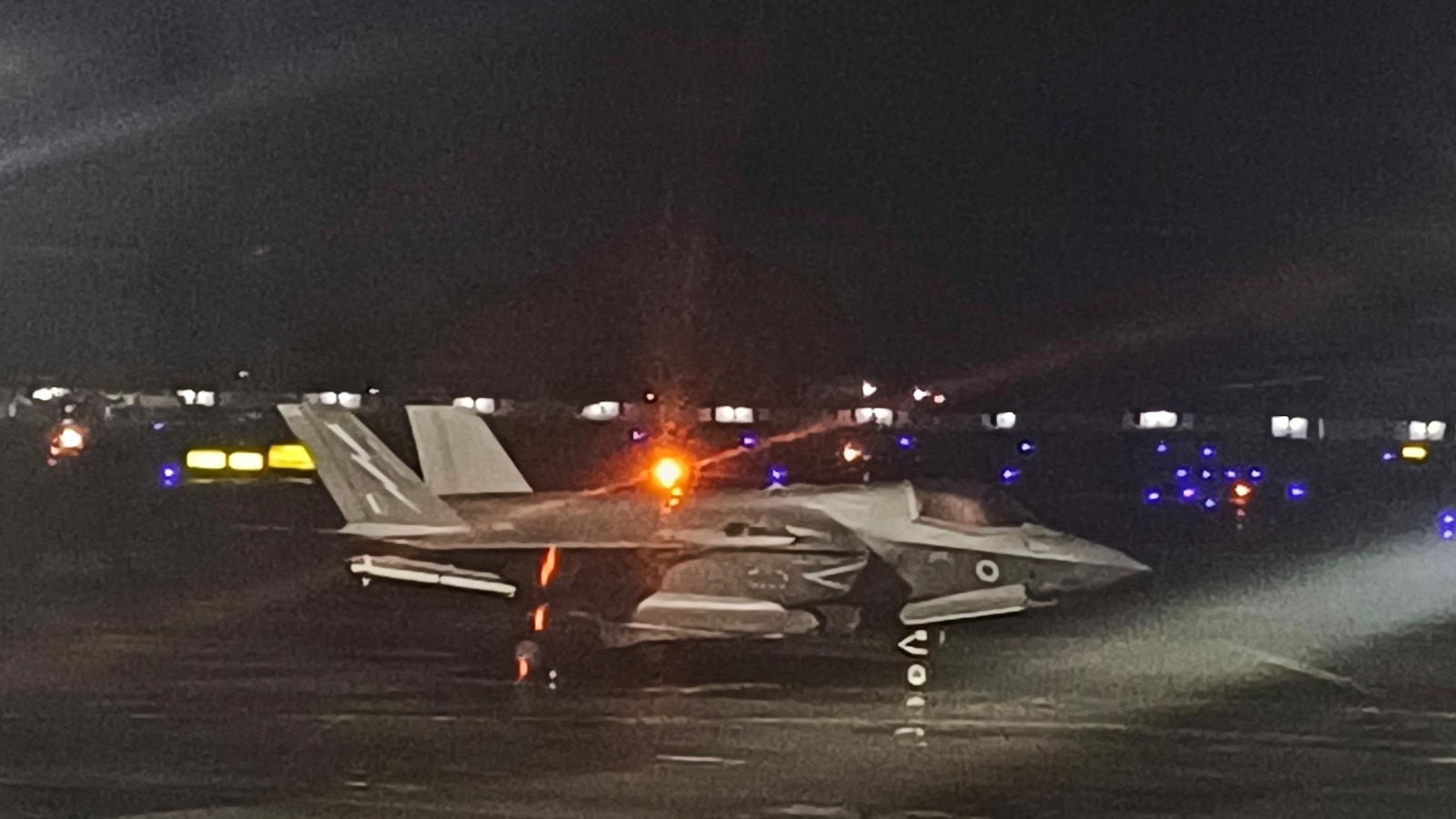ARTICLE AD BOX
Republicans learned a hard political lesson in Wisconsin this week: Live by Elon, die by Elon.
Party leaders and political analysts say the world’s richest man, Elon Musk, undeniably helped Judge Brad Schimmel in his campaign for a seat on the state’s Supreme Court.
But his presence in the race also attracted outside interest — and opposition — that ultimately won the race for Judge Susan Crawford, the Democrat-backed candidate.
Douglas Reich, chairman of the Republican Party in Brown County, which includes Green Bay, called Mr. Musk an “American hero” and said he helped level the financial playing field for Judge Crawford, whose donors included liberal billionaires Reid Hoffman, George Soros, and Illinois Gov. J.B. Pritzker.
But Mr. Musk’s involvement was also “ad hoc” and “last minute” and fed a media narrative that he was trying to buy the election for Republicans and his White House boss, President Trump.
“It creates an impression of impropriety when that is not what is going on, but if you are not careful in how you do it, it can cause a negative reaction,” Mr. Reich said. “I think that did happen a little bit. We have to be honest.”
His willingness to take center stage in the race, when he is also at the center of Mr. Trump’s government makeover in Washington, drew outsized attention to the race.
Along with two special elections for U.S. House seats in Florida, where the GOP won but with narrower margins than last November, the Wisconsin race was cast as an early barometer of Mr. Trump’s second term.
The news was not good for the president.
Judge Crawford’s 55-45 victory keeps the court’s 4-3 liberal majority intact. The court is expected to take up cases on abortion, collective bargaining rights, and election law.
Mr. Musk, the head of Tesla and founder of SpaceX, had warned Wisconsin voters of national implications, saying a Crawford victory could pave the way for the state to redraw its congressional maps and flip two seats to Democrats, perhaps upending the balance of power in Washington.
According to the Brennan Center for Justice, nearly $100 million was spent on the race, smashing the previous record for spending in a state judicial race. Mr. Musk and his allied groups accounted for over $20 million of the money spent.
Mr. Musk also held a rally over the weekend in Green Bay, where he handed oversized million-dollar checks to two Wisconsin voters and promised smaller payouts to supporters who recruited Schimel voters.
Patrick Guarasci, chief strategist for the Crawford campaign, said the more involved Mr. Musk was “the more it ginned up voters across the spectrum” and reinforced their message that Mr. Schimel was too cozy with well-heeled donors.
“What Musk did when he came in was he allowed us to make that point more broadly and more pronounced because he was the biggest example of that point that we were already making,” Mr. Guarasci said.
Mr. Musk also became a lightning rod for anti-Trump sentiment.
Mr. Reich said Mr. Musk’s rally this weekend drew more than 100 protesters, far outstripping even Mr. Trump’s final pre-election rally in Wisconsin last November, which drew only about a dozen.
Democratic activists celebrated Tuesday’s outcome, circulating pictures of a Telsa smashed beneath a massive wedge of cheese, which has become synonymous with the sports “cheesehead” sports fans and the large dairy industry.
Joe Zepecki, a Wisconsin Democratic strategist, said the loss could have broader implications for Mr. Trump’s controversial Department of Government Efficiency, which Mr. Musk is affiliated with.
“I think it will give people even more reason to go to the wall on fighting these cuts, and hopefully it will cause enough Republicans to grow a backbone that they’re actually willing to do something about it - to stop it,” he said.
Still, Mr. Guarasci said he would have rather avoided a political showdown with Mr. Musk.
“It’s never fun doing battle against someone with those kinds of resources and that kind of attention,” he said.

 3 months ago
64
3 months ago
64








 English (US) ·
English (US) ·